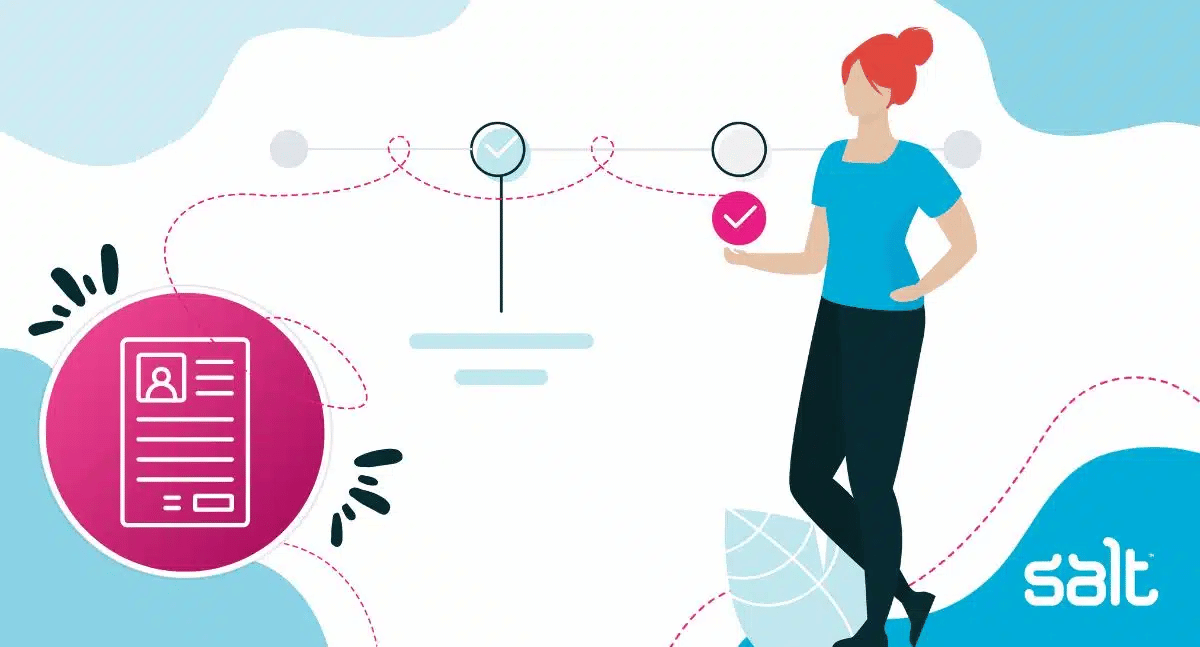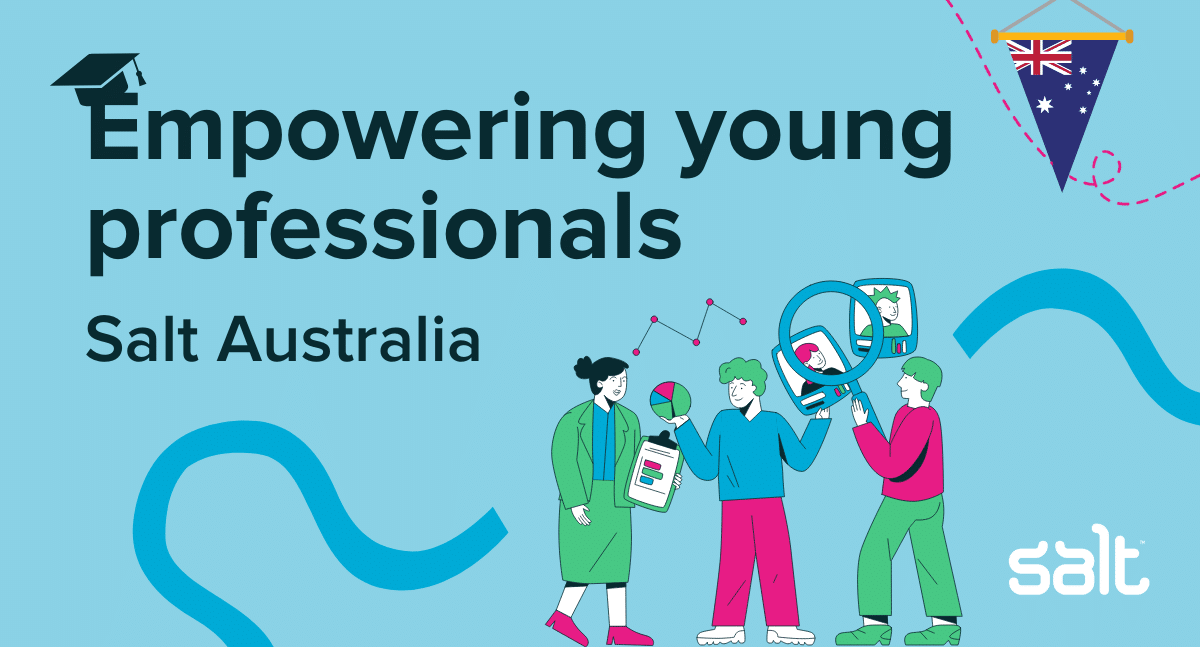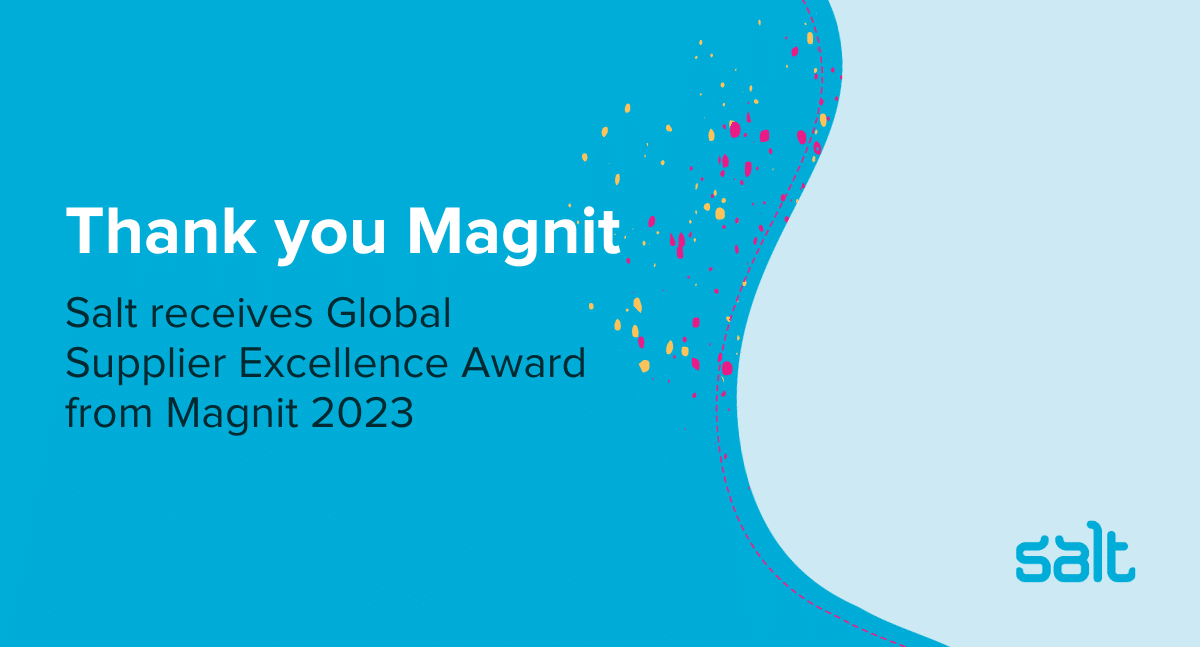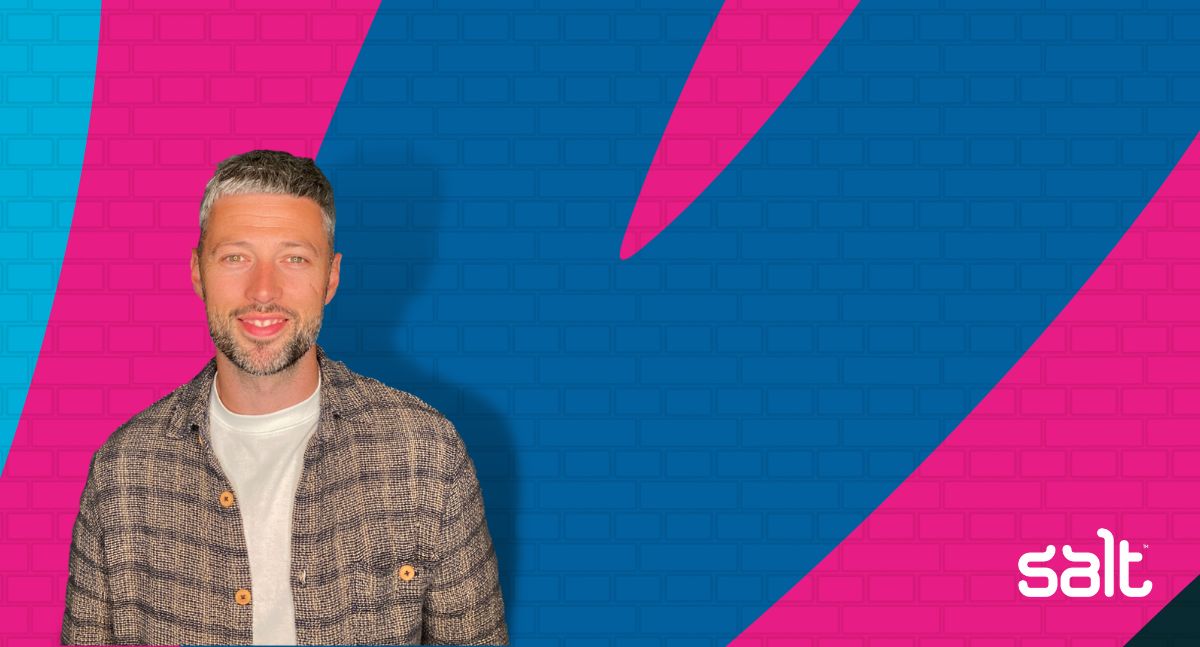AI and the future of work: A guide for business leaders
With Artificial Intelligence (AI) becoming more of a global force in the workplace, we're firmly situated in the Fourth Industrial Revolution. This guide explores some of the technologies, skills, and roles needed for navigating the realm of AI in the modern workplace.
Read More
Salt is Creating Futures in Abu Dhabi
Salt is proud to announce its latest milestone - securing a license to operate in the thriving city of Abu Dhabi, UAE. This represents a strategic step towards furthering our commitment to the region's digital growth and development, offering us a wide scope to offer recruitment services for roles across the capital.
Read More
Creating Futures that positively impact the digital economy in Brazil
FOR IMMEDIATE RELEASE Creating Futures that positively impact the digital economy in BrazilThe acquisition of R4S allows Salt to offer even more opportunities for digital professionals in Brazil and beyond Salt, a global leader in digital recruitment and talent, is proud to announce the acquisition of R4S, a leading recruitment provider in Brazil. This strategic More...
Read More
Criando Futuros que impactam positivamente a economia digital no Brasil
PARA LANÇAMENTO IMEDIATO A aquisição da R4S permite que a Salt ofereça ainda mais oportunidadespara profissionais digitais do Brasil e do exterior A Salt, líder global em recrutamento e talento digital, tem o orgulho de anunciar a aquisição da R4S, empresa líder de recrutamento no Brasil. Essa aquisição estratégica expande o alcance global da Salt More...
Read More














































